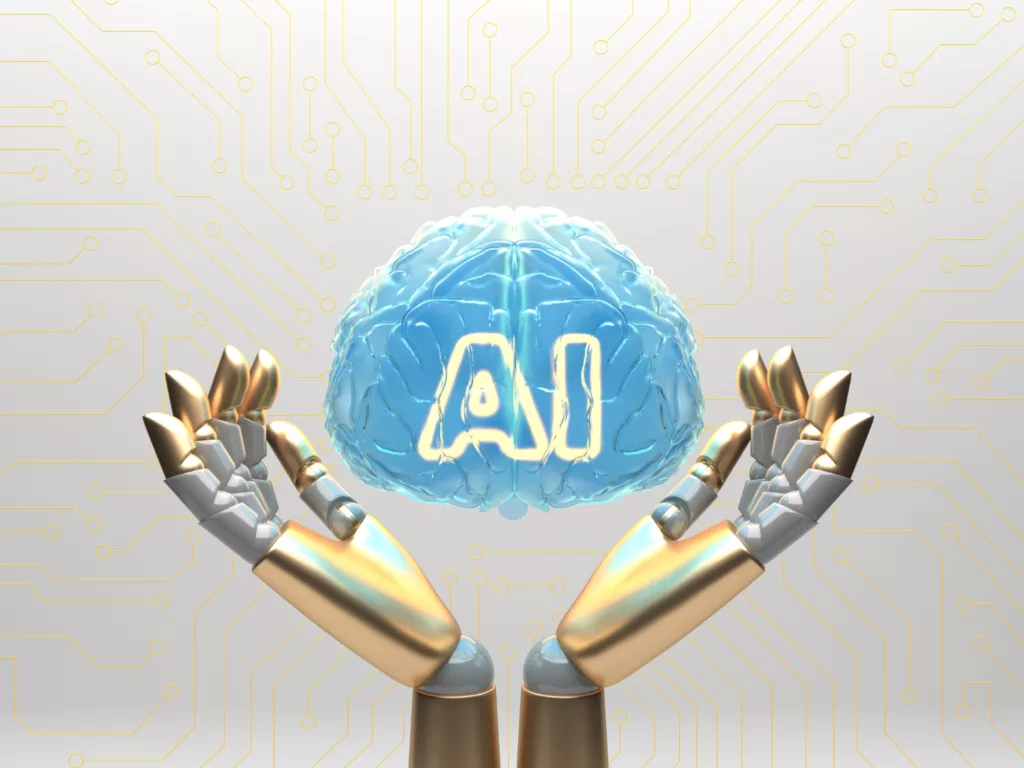In this ever-evolving digital age, artificial intelligence (AI) has emerged as a game-changer, transforming industries and revolutionizing the way we live and work. AI technology is no longer confined to science fiction movies; it is now an integral part of our daily lives, impacting businesses, healthcare, finance, and more. In this article, we will dive into the world of AI companies, exploring the biggest, most popular, and most successful players in this dynamic and innovative field.
Introduction: The AI Revolution Unleashed

Artificial intelligence, once a mere concept, has now become a reality, promising to reshape industries and pave the way for a brighter, more efficient future. The potential of AI knows no bounds, and numerous companies have invested heavily in research, development, and implementation of this groundbreaking technology. Let’s explore what sets successful AI companies apart from the rest and how they are changing the world.
What Makes an AI Company Successful?
The success of an AI company lies in its ability to push the boundaries of innovation, creativity, and practicality. A successful AI company should demonstrate expertise in machine learning, natural language processing, computer vision, and other AI domains. Furthermore, they must have a strong focus on data privacy, security, and ethical considerations.
The Titans of AI: Industry Leaders
Google AI
Google, a tech giant, has been at the forefront of the AI revolution. With its ambitious projects like DeepMind and TensorFlow, Google continues to push AI research and applications. From personalized search results to virtual assistants like Google Assistant, their AI-powered technologies have become an integral part of our daily lives.
IBM Watson
IBM Watson is an AI platform that has demonstrated its capabilities in various domains, including healthcare, finance, and customer service. Its natural language processing and machine learning capabilities enable businesses to make data-driven decisions and gain valuable insights.
Microsoft AI
Microsoft has been actively leveraging AI to enhance user experiences across its products and services. From chatbots to AI-powered cloud solutions, Microsoft’s AI initiatives have made it a prominent player in the industry.
AI Innovations in Business
Salesforce Einstein
Salesforce Einstein is an AI-powered platform that brings intelligence to customer relationship management. It helps businesses uncover insights from vast amounts of data, automate tasks, and deliver personalized customer experiences.
Amazon AI
Amazon’s AI initiatives, including Alexa and Amazon Rekognition, have redefined the way we interact with technology. Alexa’s voice recognition and natural language processing capabilities have made it a household name, while Amazon Rekognition has found applications in image and video analysis.
AI in Healthcare
DeepMind
DeepMind, now a part of Google’s parent company Alphabet, has made significant strides in AI research, particularly in healthcare. Its AI algorithms have been applied to diagnose diseases, predict patient deterioration, and streamline healthcare processes.
NVIDIA Corporation
NVIDIA’s AI technologies, especially its GPUs, have played a pivotal role in advancing machine learning and deep learning models. Its hardware has become a foundation for many AI applications across industries.
AI in Finance
Alpaca
Alpaca is a company that offers AI-powered trading solutions. Its algorithms analyze market data, identify patterns, and execute trades, empowering investors with intelligent trading tools.
Sentient Technologies
Sentient Technologies focuses on evolutionary algorithms to optimize trading strategies. Its AI solutions aim to improve investment performance and enhance decision-making processes.
AI for the Future: Startups Making Waves
OpenAI
OpenAI is a research organization dedicated to developing safe and beneficial AI. It has been behind various influential AI projects and is committed to ensuring AI’s benefits are accessible to all.
UiPath
UiPath is a leading robotic process automation (RPA) company that uses AI to automate repetitive tasks, freeing up human resources for more creative and strategic roles.
The Ethical Landscape of AI
As AI becomes increasingly integrated into society, ethical considerations become crucial. Ensuring transparency and accountability in AI algorithms is vital to build trust with users and stakeholders. Additionally, mitigating bias in AI systems is essential to prevent discriminatory outcomes.
Challenges and Opportunities Ahead

As the AI revolution unfolds, challenges and opportunities emerge. While AI promises increased productivity and efficiency, concerns about its impact on the job market and workforce displacement persist. Striking a balance between technological progress and human welfare is a delicate task. Moreover, establishing AI regulations and governance frameworks is necessary to harness its potential responsibly.
Conclusion:
The AI revolution is here to stay, and it holds the key to transforming industries and societies worldwide. The biggest, most popular, and most successful AI companies are pioneers in this domain, leading the way for a brighter and smarter future. As we move forward, it is crucial to embrace AI’s potential while addressing its ethical challenges and ensuring its benefits are accessible to all.
Frequently Asked Questions
Answer: AI regulation requires collaboration between governments, industry experts, and ethicists to establish guidelines that promote responsible AI development and usage.
Answer: Yes, startups like OpenAI and UiPath are making significant contributions to the AI landscape.
Answer: AI in healthcare aids in diagnosing diseases, predicting patient outcomes, and optimizing medical processes.
Answer: Yes, AI companies prioritize data privacy, security, and ethical considerations to ensure their technologies are safe and secure.
Answer: AI benefits businesses by streamlining operations, providing data-driven insights, enhancing customer experiences, and automating repetitive tasks.
